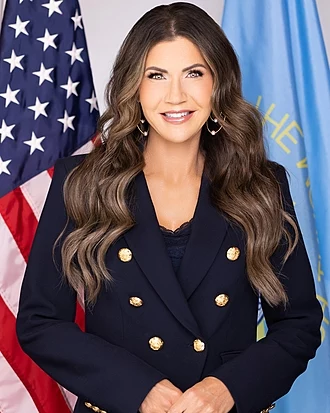 By Editorial Board
Albuquerque Journal
By Editorial Board
Albuquerque Journal
A friendly “meet and greet” with a DEA agent in Albuquerque could result in what looks a lot like highway robbery – if the agent doesn’t like what you have to say or how you say it. If you refuse to consent to a search of your luggage, well, there’s consequences for that, too. Your luggage could be confiscated pending agents getting a search warrant from a judge.
And if you’re African-American – perhaps the only African-American male on an Amtrak car – with some cash on you, tag you’re it.
That’s roughly what happened to 22-year-old Joseph Rivers riding the train to Los Angeles in April, in his words, to pursue his dream of making a music video. DEA agents picked him out among passengers in a car to have a chat. Then they decided the $16,000 he was carrying – money he says he saved up to make the video – was somehow linked to drug trafficking.
Whatever probable cause or “hunch” they had, it wasn’t enough to arrest or to charge Rivers with a crime. But it was enough to confiscate his cash.
Rivers’ story, as told in a May 6 Journal UpFront column by Joline Gutierrez Krueger, went viral and got the attention of members of the U.S. House Judicial Committee, including Democratic New Mexico Rep. Michelle Lujan Grisham. Committee members want to know a lot more about why the money was seized and whether the agents were racial profiling when they targeted Rivers.
This is far from the first time this has happened in Albuquerque and elsewhere, and it’s time such questions are being asked.





